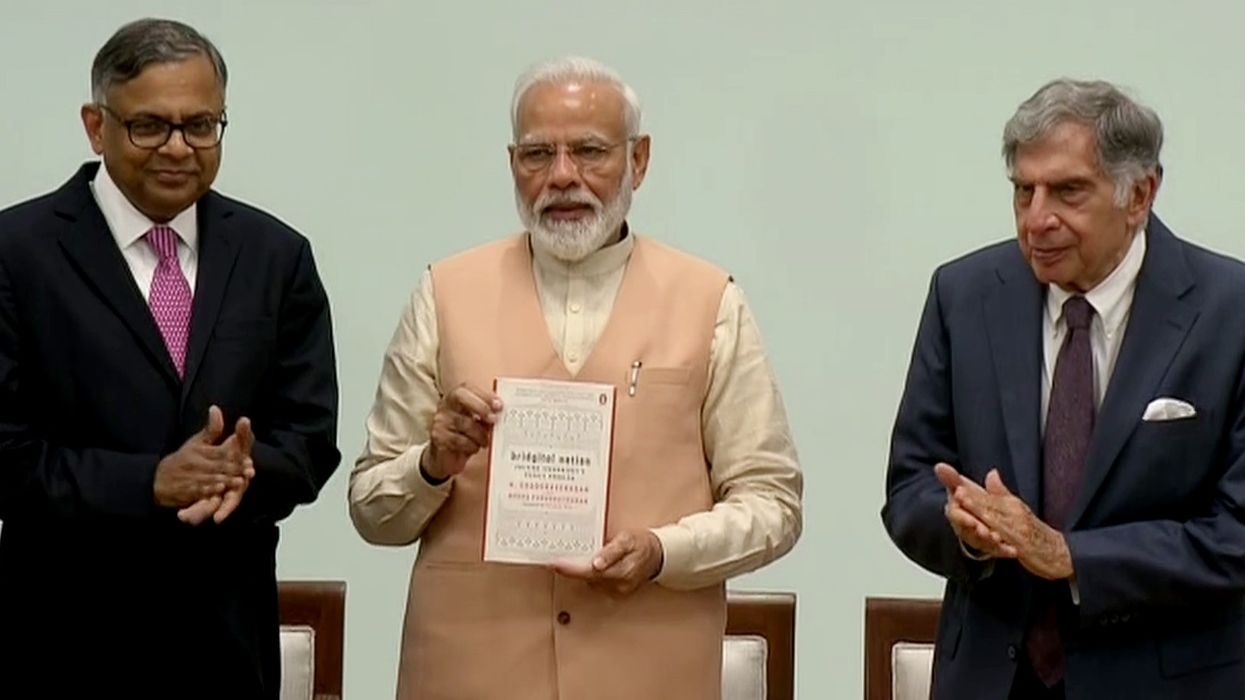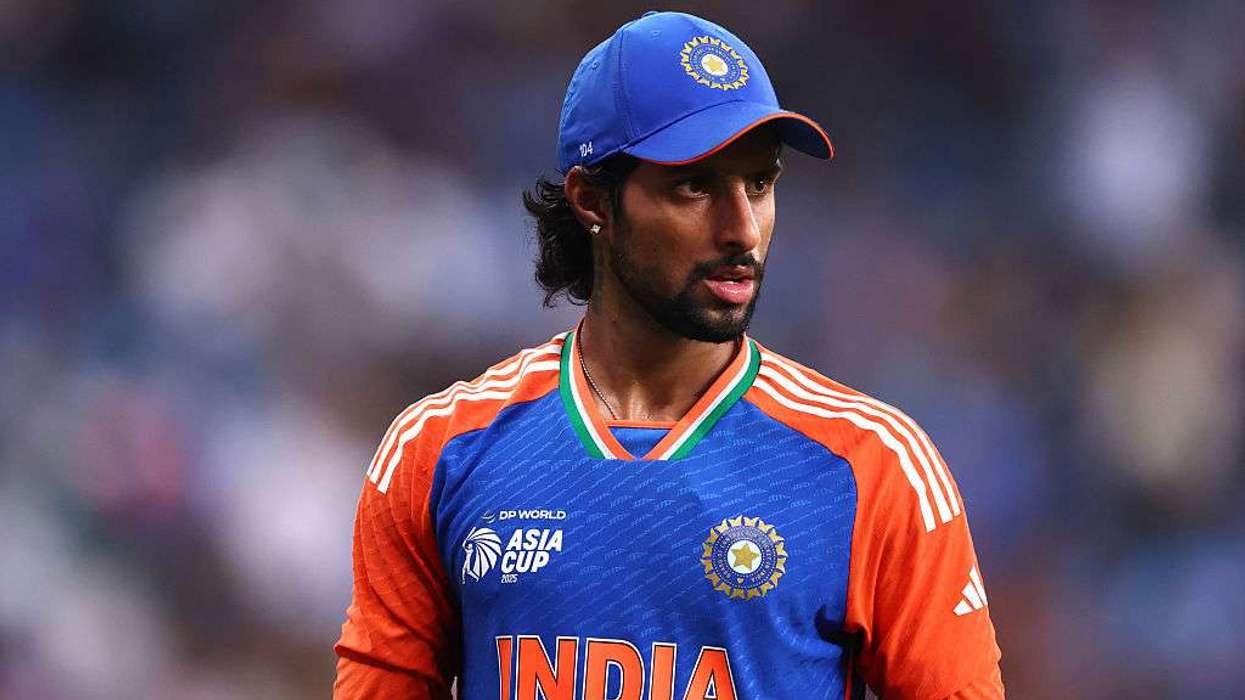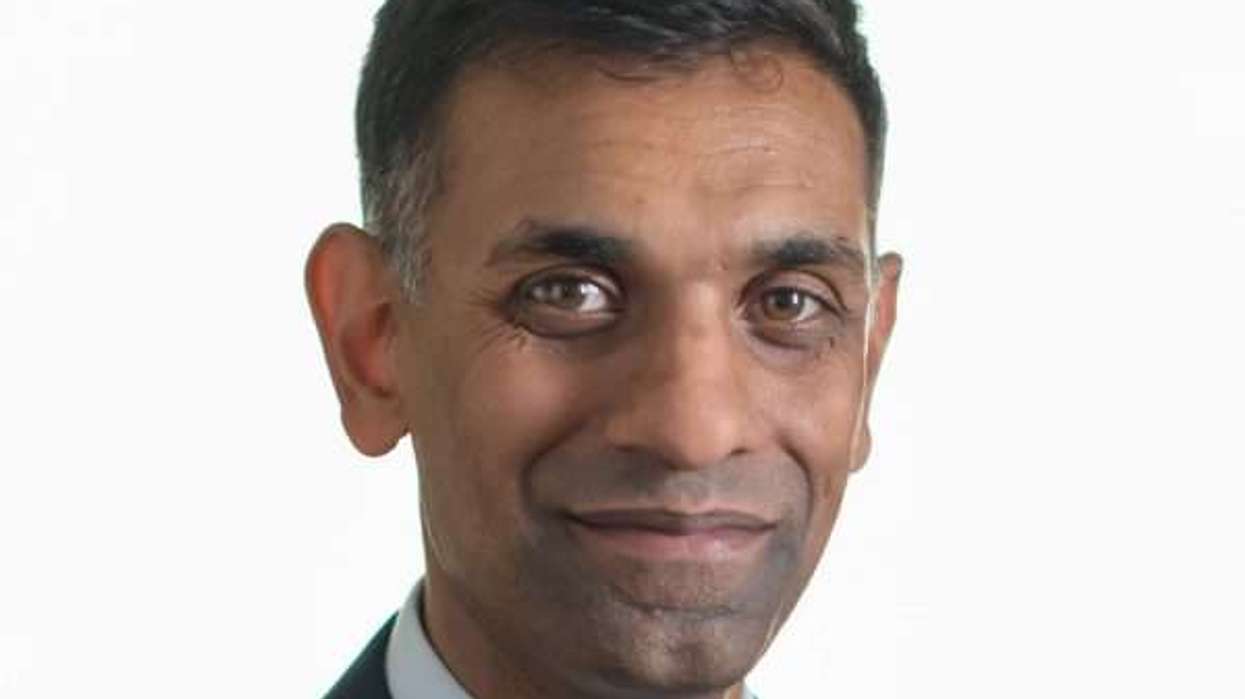RATAN TATA, one of India’s most revered business leaders, was much more than a titan of industry.
He was an emblem of humility, compassion, and visionary leadership. His life journey was testament to the idea that true success is not just measured by wealth, but also by the impact one makes on society.
Born on December 28, 1937, into the legendary Tata family, Ratan Naval Tata was raised with a deep sense of responsibility to carry forward the legacy of one of India’s oldest and most respected business empires. Yet, RNT as he was often referred to by associates, was always more than just an heir to a fortune. He exemplified a rare blend of tradition and innovation, and under his leadership, the Tata Group grew from a predominantly Indian entity into a global powerhouse.
Tata took the reins of Tata Sons in 1991, at a time when India was at the cusp of economic liberalisation. Over the next two decades, he transformed the Tata Group, turning it into a global player with a presence in more than 100 countries. His strategic decisions – such as the acquisition of Tetley Tea, Corus Steel, and Jaguar Land Rover – were bold and visionary, propelling the group into the global spotlight. These moves were not just about expanding business, they reflected his belief that Indian companies could compete on the world stage.
Indeed, his famous quote, “I don’t believe in taking right decisions. I take decisions and then make them right,” speaks volumes about his risk-taking ability and determination.
It was a personal honour for me to have played my own small role in this journey as a lead adviser to Tata Steel on its $13 billion acquisition of Corus, during which I had the pleasure of holding regular meetings with RNT over a period of almost two years and witnessed him operate at close quarters.
Despite his notable business successes, what set him apart was his unwavering commitment to ethical business practices. In an era when corporate behaviours often lacked integrity, Tata was a beacon of values. RNT’s leadership was driven by the philosophy that businesses should benefit the society in which they operate.
This principle of trusteeship, which was deeply ingrained in the Tata Group’s ethos, remained central to his vision and is being carried forward by the next gen[1]eration of leaders, led by N Chandrasekaran, current chair of Tata Sons.
RNT’s legacy is as much about giving back as it is about building a business empire. A significant portion of Tata Sons’ profits goes towards charitable causes, and under his leadership, the Tata Trusts have been instrumental in driving social initiatives across healthcare, education, and rural development. From funding cancer hospitals to supporting India’s space exploration, Tata has always believed in using wealth for greater good.
Again, I have seen this first hand, through the collaboration between the British Asian Trust and the Tata Trusts, and our longstanding association with S Ramadorai, former CEO of Tata Consultancy Services.
Lord Jitesh GadhiaRNT’s contributions during times of crisis have been particularly noteworthy. Whether it was providing relief during natural disasters or his personal donation of `1,500 crore (£1.36bn) towards Covid-19 relief efforts, he has consistently demonstrated that compassion is at the heart of leadership.
Despite his status, he remained a man of great humility. He was known for his simple lifestyle, often driving himself to work, and for his interactions with employees and colleagues, marked by respect and kindness, regardless of heirarchy.
Even after stepping down as chairman of the Tata Group in 2012, RNT continued to inspire. Whether through his investments in startups, mentoring young entrepreneurs or advocating for animal welfare, his post-retirement years continued his restless drive to make a difference.
He not only shaped the corporate world, but also touched the lives of millions across the globe. His leadership style, characterised by empathy and a deep sense of responsibility, set new benchmarks for business leaders. He demonstrated that success is not just about building profitable businesses, but also about building a better world.
In an era where corporate titans are often seen as distant, RNT remained deeply connected to the people. His warmth, generosity, and genuine care for the well-being of others made him a role model, not just for business leaders, but also for anyone aspiring to lead with integrity and purpose.
Ratan Tata’s life and legacy are a masterclass in leadership, compassion, and vision. He has shown the world that business and humanity can go hand in hand, and that true success lies in uplifting those around you.
As a business magnate, philanthropist, and humanitarian, his contributions to India and the world are unparalleled. His journey is a shining example of how one can create lasting change while staying rooted in values and principles.
In paying tribute to RNT, we celebrate not just a business leader, but a man whose kindness, foresight, and relentless pursuit of excellence will continue to inspire generations. He remains an eternal icon of what it means to lead with a heart of gold.




